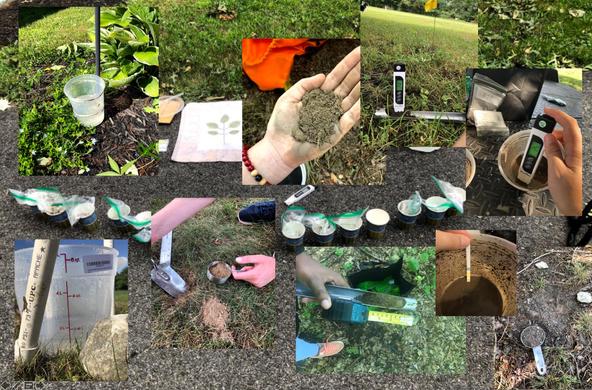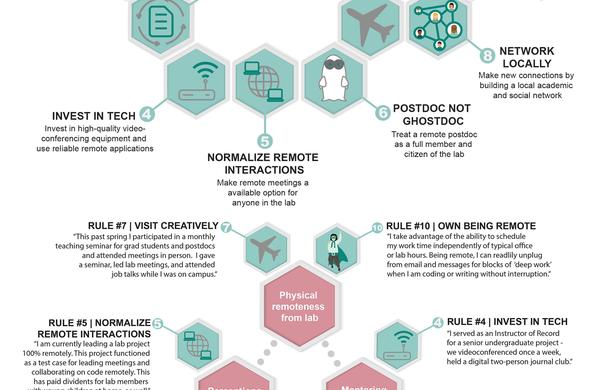During the summer months, the Cary Institute’s campus bustles with educational activity. From campers getting their first introduction to climate change while exploring our property, to undergraduates conducting research projects under the mentorship of Cary Institute scientists—our staff is committed to nurturing ecological understanding in learners of all ages.
Many of the Cary Institute’s educational offerings fall under the umbrella of the organization’s Ecosystem Literacy Initiative (ELI). Led by Dr. Alan R. Berkowitz, Head of Education, ELI works to connect students and teachers with current ecological information, including new research being generated by Cary Institute scientists. The initiative also strives to train the next generation of ecologists.
Berkowitz comments, “ELI is focused on bringing together scientists, educators, and learners to improve people’s understanding of the world around them. our goal is to foster citizens capable of making informed environmental choices and ecologists who are equipped to solve today’s complex environmental issues.”
Now in its 22nd year, the Cary Institute’s Research Experiences for Undergraduates (REU) Program is a model for research training. This year 380 students applied to the 12-week summer opportunity, which is funded by the National Science Foundation. Ten students—drawn from schools across the country—were selected to hone their ecological skills while working with a Cary Institute scientist.
In addition to crafting an independent research project, REU students engage in a research community, participate in a career forum, teach high school students, and present their findings in a formal lecture. 2009 projects included studies of the viability of forest-generated biofuel; the ecological impacts of the Chinese mitten crab, a new Hudson River invader; and connections among environmental conditions and tick-borne disease.
This summer also marked the second year of the Summer Institute for Teachers. Forty-three K-12 teachers attended the 2009 program. Team-taught by Cary Institute educators Cornelia Harris and Kim Notin, week-long summer sessions were offered for elementary and high school educators.
Using lessons focused on the Hudson River and the Cary Institute’s forests and fields, participating teachers interacted with our scientists and learned how to integrate ecosystem concepts into their classrooms. Ecosystem literacy learning progressions were explored, with emphasis on the carbon cycle and links to climate change, the water cycle, and the importance of biodiversity.
Four teachers were also given the opportunity to participate in the Tidal Marsh Project, organized by Cary Institute freshwater ecologist Dr. Stuart E. G. Findlay. This entailed conducting field research on the Hudson River and using knowledge gained from the experience to inform a classroom lesson.
Now in its 16th year, the Cary Institute’s Ecology Camp continues to engage students in grades 2 through 7 in ecological exploration. This summer, seven weeklong sessions were held. Under the direction of trained environmental educators, 75 campers learned about climate change while performing experiments, investigating our campus, and interacting with staff scientists.
The Cary Institute is proud to serve as an educational resource for undergraduates, teachers, and school children. Knowledge gained while teaching these diverse groups has enriched our understanding of how people learn about ecosystems. This, in turn, has helped our programs evolve, so that they are built on not only the best ecological science, but the most effective teaching and mentorship models.






